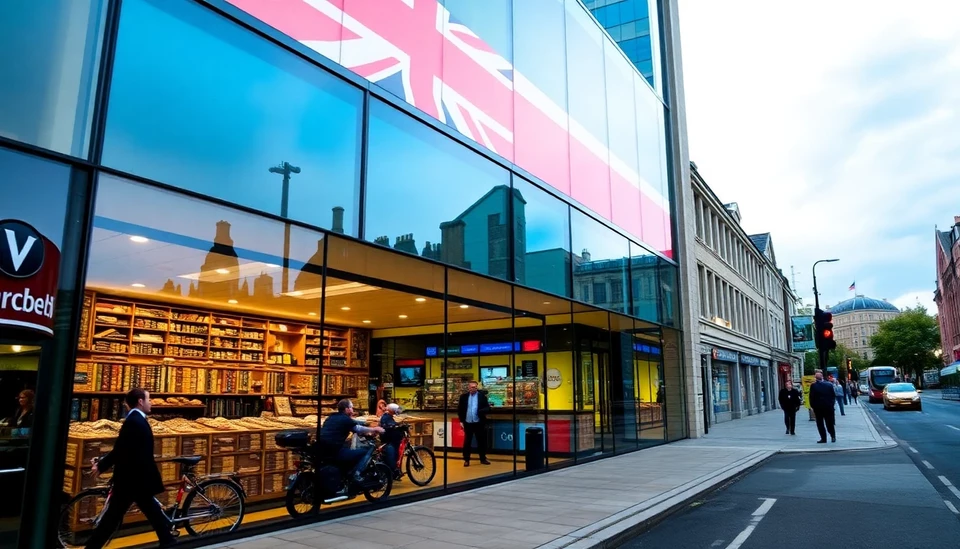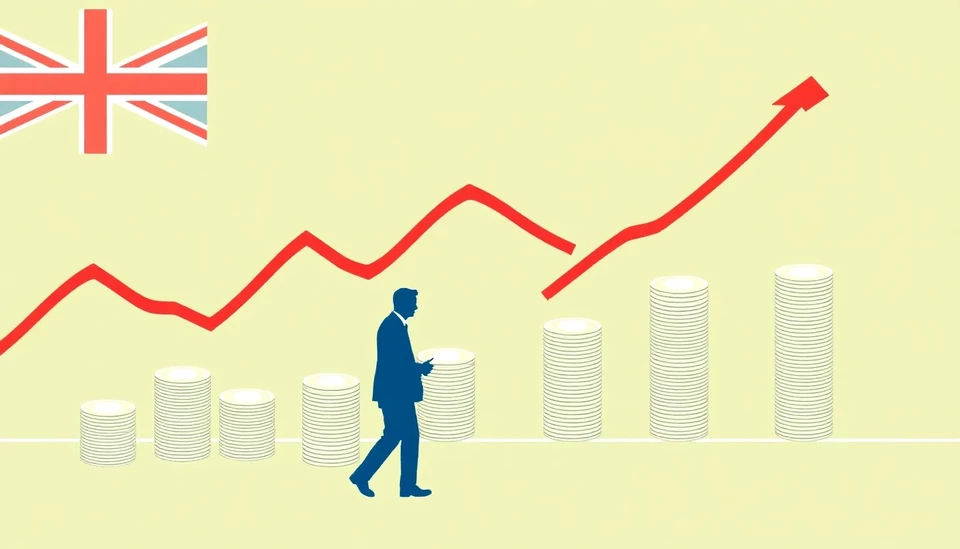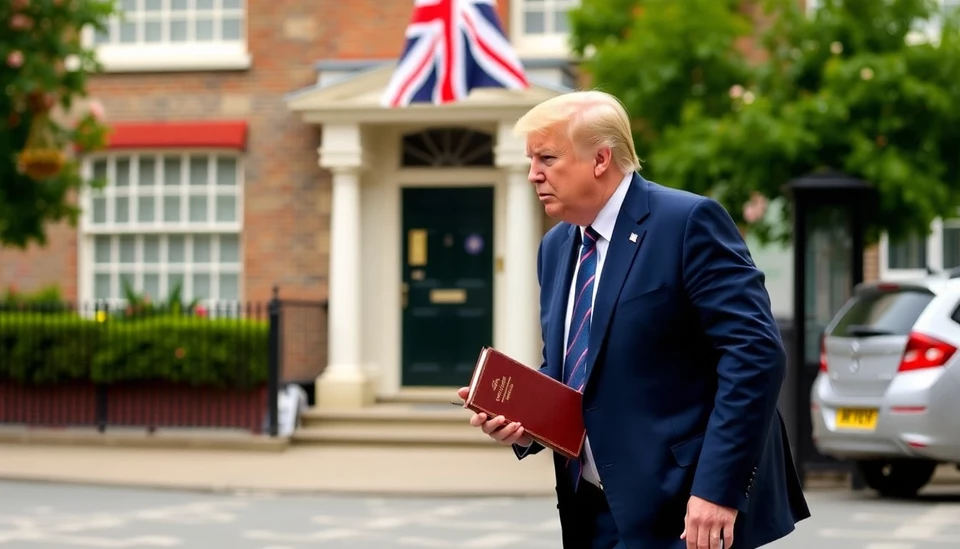
In a surprising turn of events, the UK’s economy has recorded an unexpected shrinkage as it enters the fourth quarter of 2024. According to recently released data, the economy contracted by 0.2% in October compared to the previous month, raising alarm bells among economists and policymakers alike.
This contraction comes on the heels of a robust third quarter, during which the UK economy had shown signs of resilience. Many analysts had anticipated a continuation of this positive trend; however, the latest figures indicate a potential reversal, casting doubt on the nation’s economic stability heading into the holiday season.
The unexpected dip in economic activity has been primarily attributed to a decline in the services sector, which is a critical component of the UK economy. The decline in services output was notably sharp in areas such as hospitality and leisure, sectors that typically benefit from increased consumer spending during this time of year.
The manufacturing sector has also shown signs of weakness, with production levels falling amid continued supply chain challenges and rising costs. Business sentiment appears to be wavering, further complicating the economic outlook. Consumer confidence, which had been improving, is now at risk as households face mounting pressures from inflation and rising interest rates.
Experts suggest that this contraction could lead to a reevaluation of the Bank of England’s monetary policy as it attempts to tackle persistent inflation while avoiding further harm to economic growth. Observers may now anticipate possible adjustments to interest rates, which have already seen significant increases over the past year in a bid to curtail inflationary pressures.
Looking ahead, the concerns of a recession are palpable. Economists warn that sustained negative growth could have long-term implications for the UK economy, potentially impacting investments, job creation, and overall economic recovery efforts post-pandemic.
The government is now faced with the challenge of implementing effective measures to stimulate growth and restore confidence among consumers and businesses alike. As the festive season approaches, the implications of this economic contraction are keenly felt across various sectors, diminishing the optimism that typically accompanies this time of year.
In conclusion, the unexpected shrinkage of the UK economy at the beginning of the fourth quarter raises significant questions about the trajectory of economic recovery. With growing concerns over consumer spending, business investment, and inflation, the coming weeks will be crucial for policymakers as they navigate this tumultuous economic landscape.
#UKEconomy #EconomicContraction #BankofEngland #RecessionConcerns #Inflation #EconomicGrowth
Author: Rachel Greene




